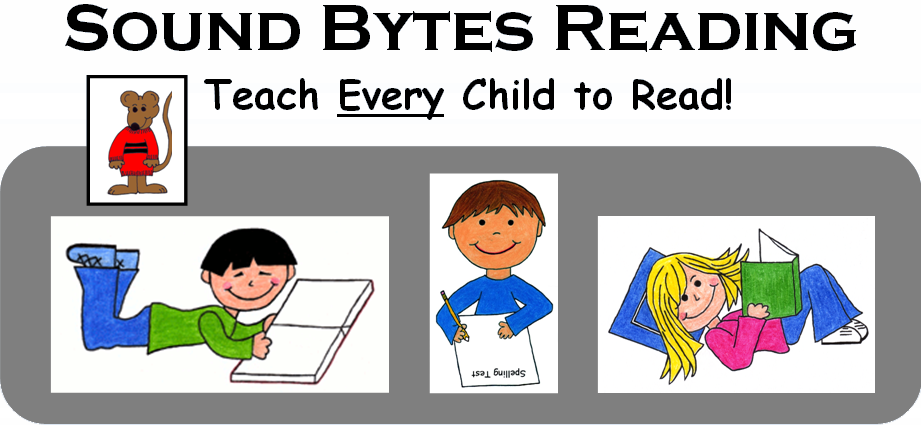Is Vocabulary Instruction Important for Beginning Readers?

When children first begin reading instruction they should be learning to decode easy words that they already understand. A good reading program will begin with simple reading texts so that beginning readers will be successful. The program should then gradually build the difficulty of the reading material as students become more skillful.
All students will encounter words that they do not know when they are reading. This is why it is important to include vocabulary instruction in a good reading program. If students do not understand the words they are reading, they will not have good comprehension of the meaning of the text. Teachers must give their students appropriate reading vocabulary instruction.
It is also vitally important that ELL (English Language Learners) students are given specific definitions of the vocabulary words they will encounter while reading. While students are learning to speak the English language, they do not yet have an extensive vocabulary. We need to be aware that ELL’s may not ask about words they do not know the meanings of, and this will greatly limit their comprehension. Proactive instruction in vocabulary is essential for these students.
What can parents do? A child who has been talked to frequently and exposed to advanced vocabulary at home, in particular from listening to and interacting with adults, and one who has been read aloud to frequently, will have a larger listening and speaking vocabulary than one who has not had this exposure. A child who has had much exposure to television and less exposure to books and adult conversation, will have a lower level of vocabulary acquisition. This information is well documented.*
Make sure you have books in your home. Read to your children. Talk about the stories you read to them. Talk to your children many times every day and don’t be afraid to use big words. Make sure they have plenty of exposure to appropriate adult conversation and limit their television viewing. Statistically, children who start school with larger vocabularies tend to become better readers.
You can improve your children’s chances to become successful readers by talking with them often and reading aloud to them every day.
*Work Cited: http://www2.ed.gov/pubs/startearly/ch_1.html
